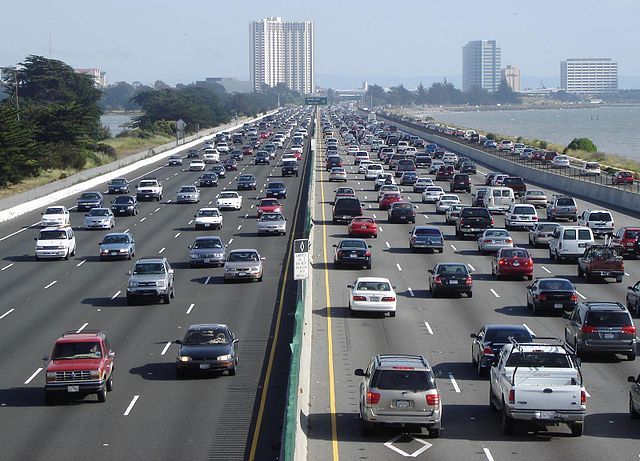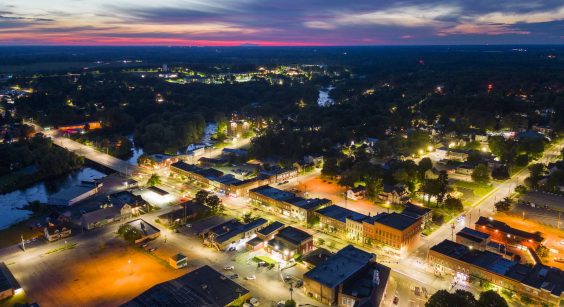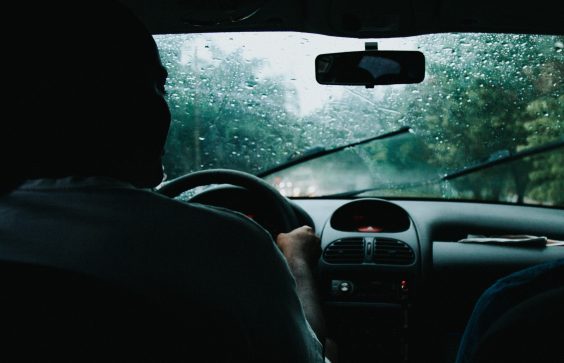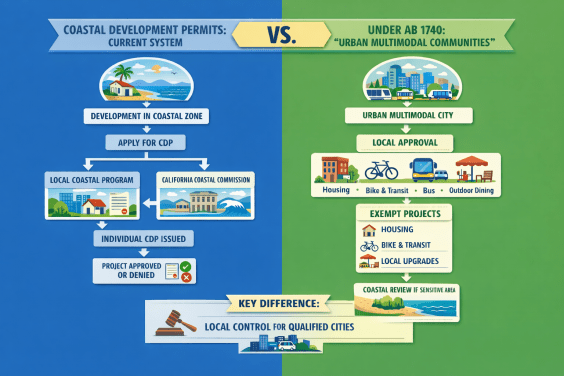Note: Metropolitan Shuttle, a leader in bus shuttle rentals, regularly sponsors coverage on Streetsblog San Francisco and Streetsblog Los Angeles. Unless noted in the story, Metropolitan Shuttle is not consulted for the content or editorial direction of the sponsored content.
The Bay Area Air Quality Management District (BAAQMD) has extended its "Spare the Air Alert" through at least Friday, November 16, due to smoke impacts from the Butte County fire.
“Unfortunately, smoke from the fire continues to blanket all nine counties of the Bay Area," wrote Jack Broadbent, executive officer of the Bay Area Air District, in a statement on their website. As part of its Spare the Air Alert, the BAAQMD has banned burning wood in fireplaces and stoves. "Any additional smoke from Bay Area chimneys could push the region into an even higher unhealthy air quality level, which puts us all in jeopardy.”
Chimneys? What about tailpipes? More on that a few paragraphs below.
First, the ongoing smoke conditions mean it's still recommended to avoid outdoor activity--including, unfortunately, riding a bike. Children's lungs are especially susceptible to damage. "In the past few days we’ve formed a new carpool to get everyone to school without having to take that trip in the unhealthy air," explained Will Barrett, Clean Air Advocacy Director for the American Lung Association in California. Normally, Barrett walks and bikes his kids to school near his home in Sacramento. He regrets, but accepts, that he has had to temporarily suspend "...that daily routine in improving public health and decreasing emissions." As an advocate for clean air, using a car--even in a carpool--is a "very sad irony."
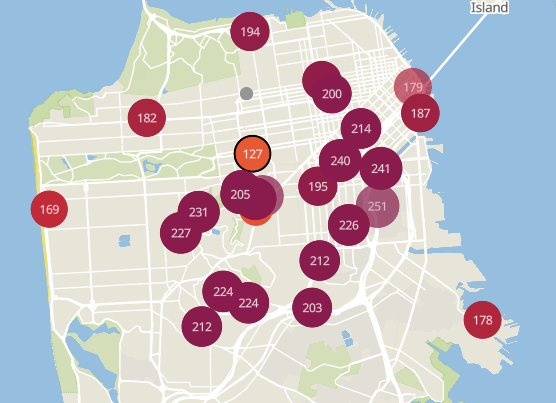
For those who can do it, he recommends, of course, "taking BART or Muni, or potentially working from home."
Streetsblog readers have no doubt read it before, but it's probably a good idea to re-iterate: if you do bike, get a proper mask. Barrett refereed Streetsblog to an information page from the Lung Association's website, which reminds people that:
- Ordinary dust masks, designed to filter out large particles, will not help. They still allow the more dangerous smaller particles to pass through. Special, more expensive dust masks with an N-95 or N-100 filter will filter out the damaging fine particles, but may not fit properly and are difficult for people with lung disease to use. Consult with your doctor before using a mask, especially if you have a lung disease.
So getting back to BAAQMD's Spare the Air: why are they so focused on fire places? According to the agency, among the San Francisco Bay Area's seven million residents, there are an estimated 1.4 million fireplaces and woodstoves. Particulates at or below 2.5 microns, also known as PM2.5--are a serious health problem, since they linger in the air, can become lodged deep in the lungs, and can enter the blood stream. Under normal circumstances, wood smoke from home heating and cooking fires still account for whooping 38 percent of PM2.5. So banning wood stoves and fireplaces, while dwarfed by the smoke effects of the Butte County Fire (now at 211 square miles) is about all the agency can do.
"It’s not nothing, but it’s substantially dwarfed by the amount of uncontrolled smoke being emitted from the wild fires," admitted Kristine Roselius, a spokesperson for the BAAQMD, in a phone interview with Streetsblog. "With the weather conditions as they are, the colder weather and inversion layers are trapping the pollution near the ground and that is a significant concern."
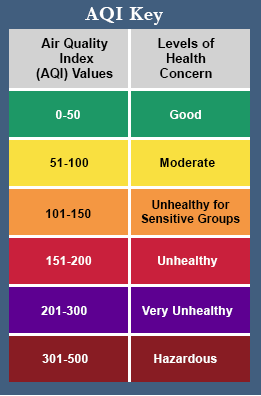
Fair enough, but what about those car tailpipes, as seen in the lead image, and the humdrum pollution we experience throughout the year?
The Union of Concerned Scientists estimates some 30,000 people die prematurely in the U.S. due to particulates in the air, from factories, trucks, trains, cars and other sources. The BAAQMD estimates that under normal circumstances, cars and trucks on the road contribute 15 percent of the total PM2.5 emissions. Barrett told Streetsblog it's difficult to parse how much heart disease, lung cancer, emphysema, etc. is caused by automobile pollution versus factories versus wild fires. But to put things in perspective, in a "normal" fire season (whatever that means these days) wild fires contribute only 2 percent of PM2.5--far less than cars, which also contribute to ground-level ozone and other irritating and dangerous pollutants. Cars are also the biggest single emitter of carbon.
As Barrett points out, when it comes to lung health the one positive from the Butte County fire may be that it is "a good reminder to clean up everyday pollution." In other words, the pollution from the fires is harmful, intense and disturbing; 48 people have already died from the direct effects of the fire. It goes without saying that this fire has been a horrible tragedy.
But the drip-drip-drip of our every day pollution, coming from factories, power plants, and, above all, automobiles, does more damage and kills more people in the long run (exactly how many depends on how you parse it). It just gets less attention in the media.
So from the Lung Association's point of view, don't bike today, but for the rest of the year biking is a life saver any way you look at it. Governments should be providing safe bike infrastructure, promoting sound urban planning, and generally moving away from car-based sprawl always and everywhere. Because when Caltrans widens a highway, or a developer builds another big road to serve a housing development (especially one without any bike facilities), over time they are doing more damage to public health than if they tossed a match into the woods.
To keep up with current smoke conditions in the Bay Area, check out the BAAQMD website, or PurpleAir.
